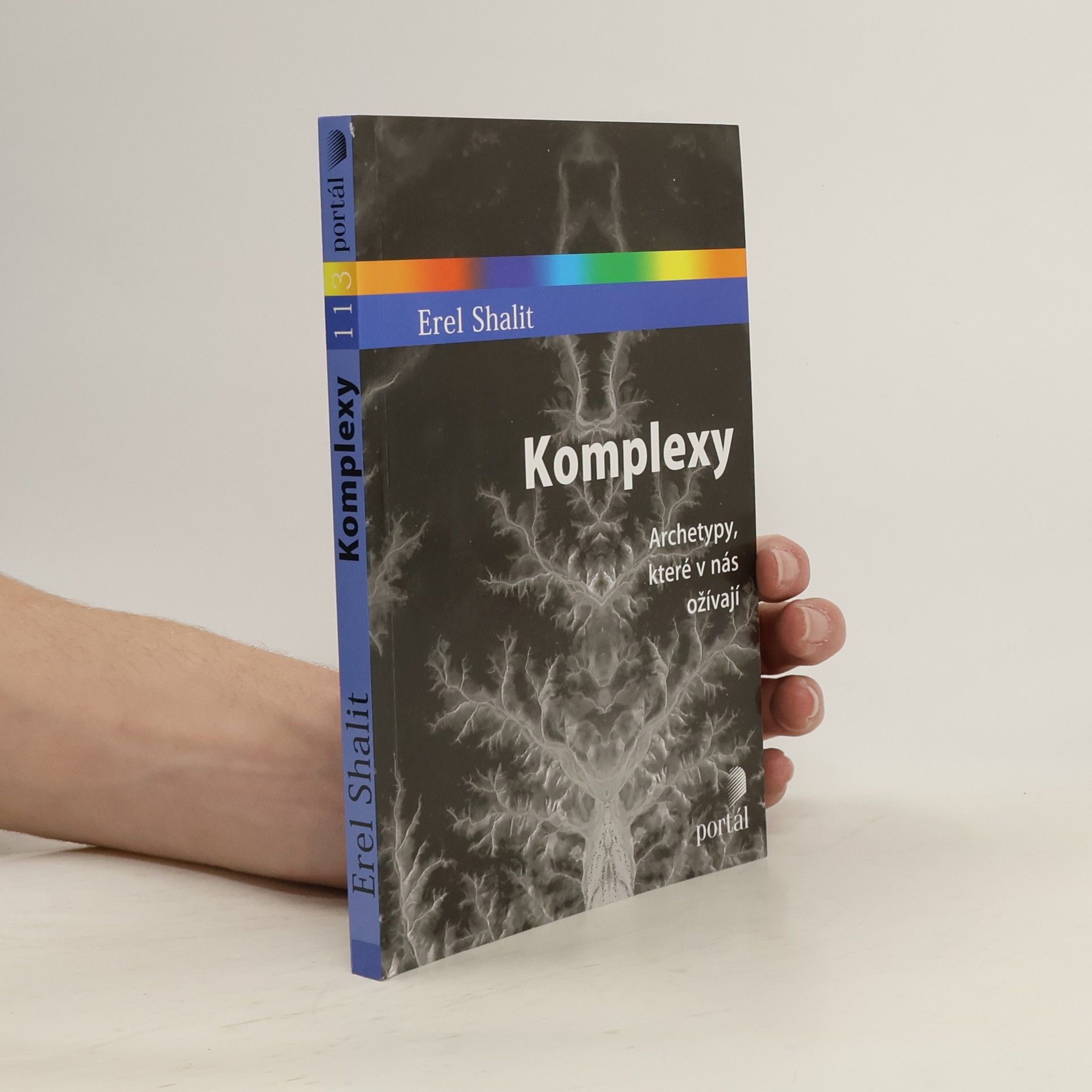A Story of Dreams, Fate and Destiny
- 202 pages
- 8 hours of reading
Exploring the significance of dreams, Erel Shalit traces their evolution from ancient times to modern psychology. He delves into pivotal figures and narratives, starting with Gilgamesh and moving through biblical stories, Greek mythology, and the insights of Freud and Jung. The book highlights the transformative power of dreams and their role in guiding individuals from fate to destiny, culminating in the practice of active imagination and the exploration of Mercurius and the transcendent function.



![A Story of Dreams, Fate and Destiny [Zurich Lecture Series Edition]](https://rezised-images.knhbt.cz/1920x1920/0.jpg)